
- Home
- Trend
- Weight Loss Strategies
- Acne Tips
- Hair Health Information
- Blemish Removal Tips
- Acne Scar Removal Tips
- Muscle Building Techniques
- Intimate Care Tips
- Postpartum Intimate Care
- Eye Bags Wiki
- Tips for Face Slimming
- Secret of Permanent Hair Removal
- Breast Enlargement Tips
- Cure to Snoring
- Marionette Lines
- Skin-Tightening Secrets
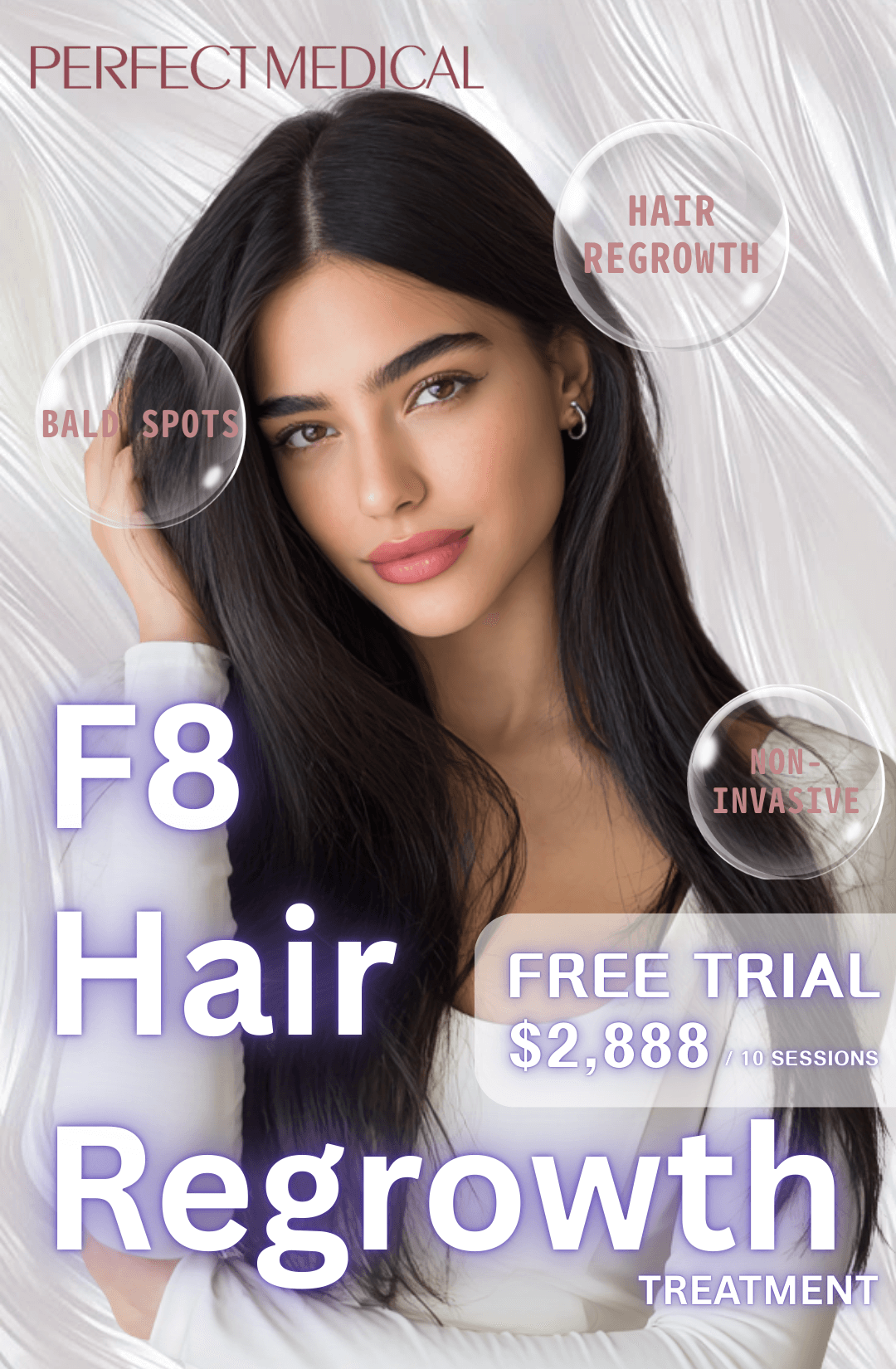
免費體驗
F8 Hair Regrowth Treatment
1 Minute Self-Registration
Date should not be before minimal date
There are so many benefits of rosemary oil for hair growth! learn step-by-step how to prevent hair loss with the best rosemary oil tips!
1
Factors for Hair Loss / Hair Thinning
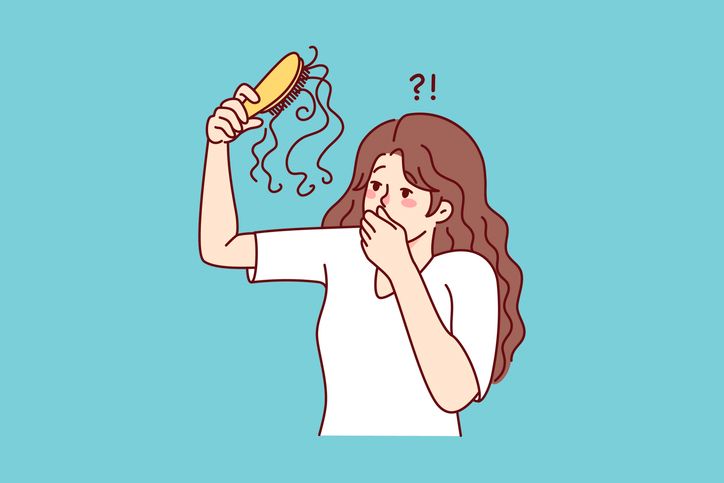
Genetics
Age
Stress
Hairstyles
Oily Scalp
Scalp Conditions
Rapid Weight Loss
Nutritional Deficiencies
Illness: Thyroid Disease, Autoimmune Disease
Medications
Childbirth

2
Benefits of Rosemary Oil for Hair?
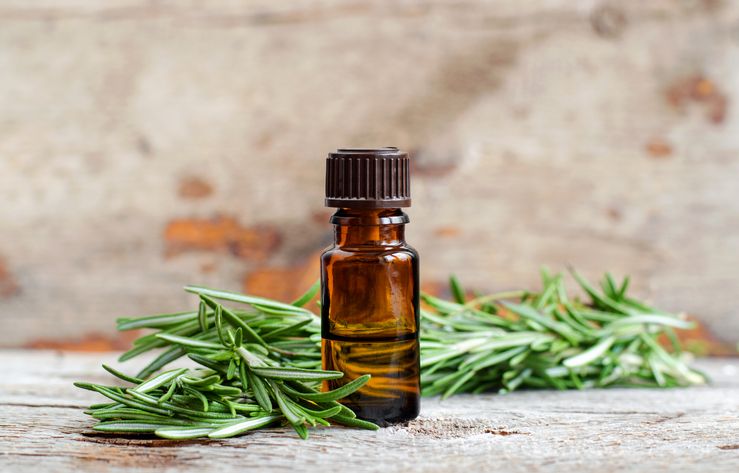
Promote Hair Growth
Reduce Hair Loss
Improve Scalp Health
Thicken Hair Strands
- Nourish Your Hair from Within: Powerful Hair-Boosting Smoothie Recipes to Support Hair Growth and Prevent Hair Loss
- Going Through Postpartum Hair Loss? Here's The Guide You Need
- Castor Oil For Hair Growth: 4 Amazing Health Benefits + Nutritional Breakdown Explained
- Hairline Powder Recommendations: 6 Popular Products And Value-for-Money Analysis With Usage Tips!
3
How to Use Rosemary Oil for Hair Growth? Your Hair Care Guide

Wash Hair and Exfoliate Scalp
Use Conditioner, Hair Mask or Similar Hair Products
Dry Your Hair Properly
Dilute Rosemary Oil for Hair and Scalp Massage
Gently Pat Away Excess Rosemary Oil In Your Hair
Rinse / Leave Rosemary Essential Oil On
Blow-Dry Your Scalp and Hair
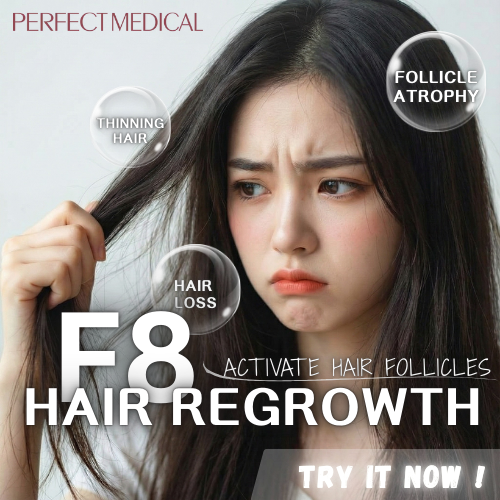
4
Potential Side Effects of Using Rosemary Oil for Hair Loss
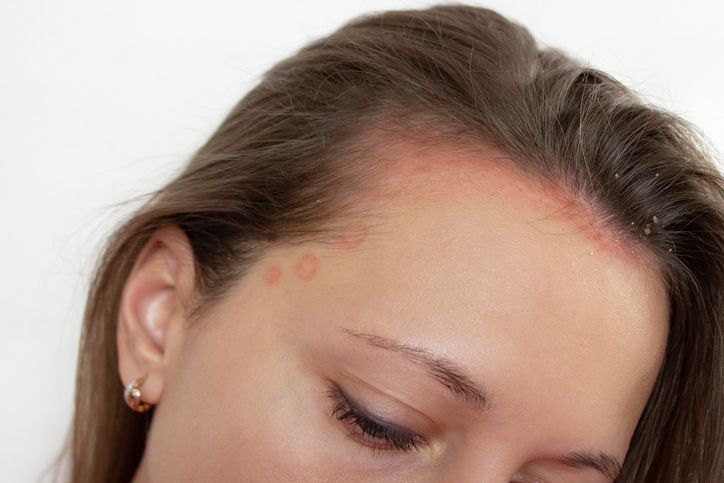
Irritation
Allergic Reaction
Photosensitivity
Interaction with Medications
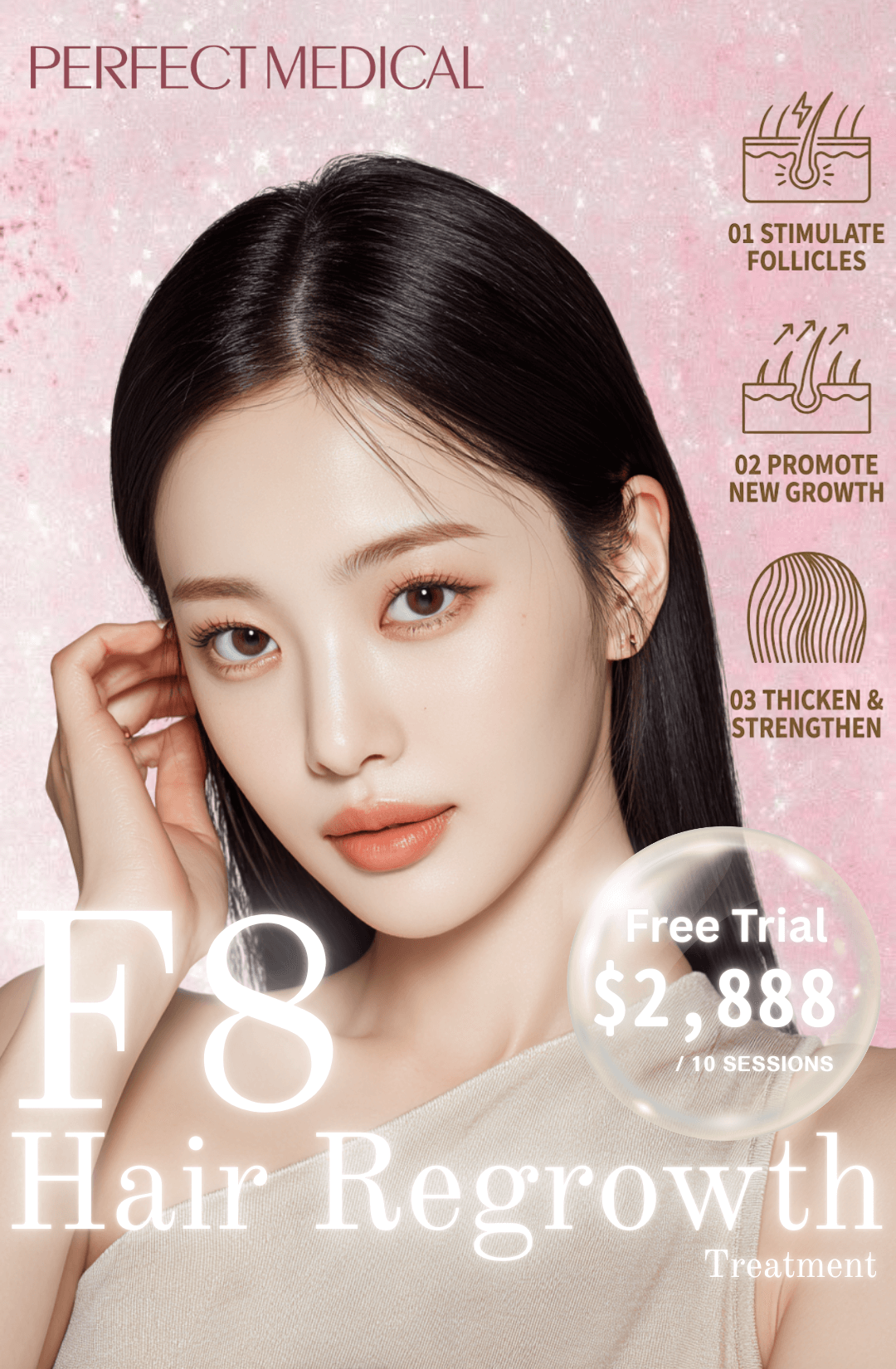
免費體驗
F8 Hair Regrowth Treatment
1 Minute Self-Registration
Date should not be before minimal date
5
What Else to Know Before Using Rosemary Oil: Who Should Not Do So?
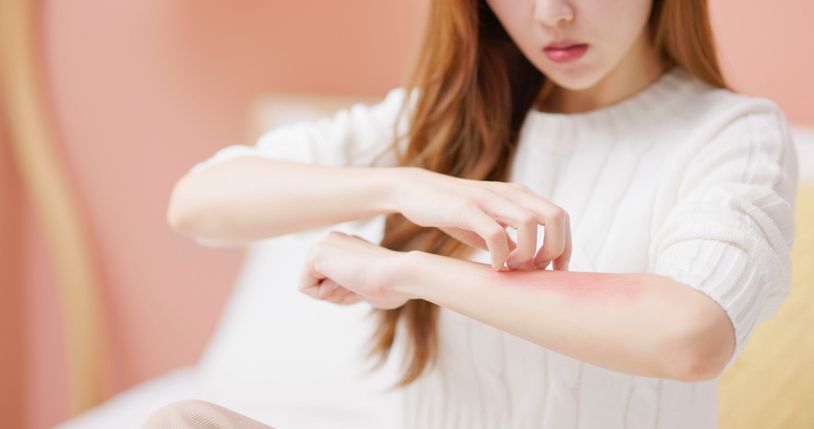
People with Allergies to Rosemary or Essential Oils
Individuals with Sensitive Skin
Pregnant or Breastfeeding Women
Individuals with Epilepsy or Seizure Disorders
People on Certain Medications
Children

6
Grow Hair with F8 Hair Regrowth Treatment: A Non-Surgical Approach for Superior Results

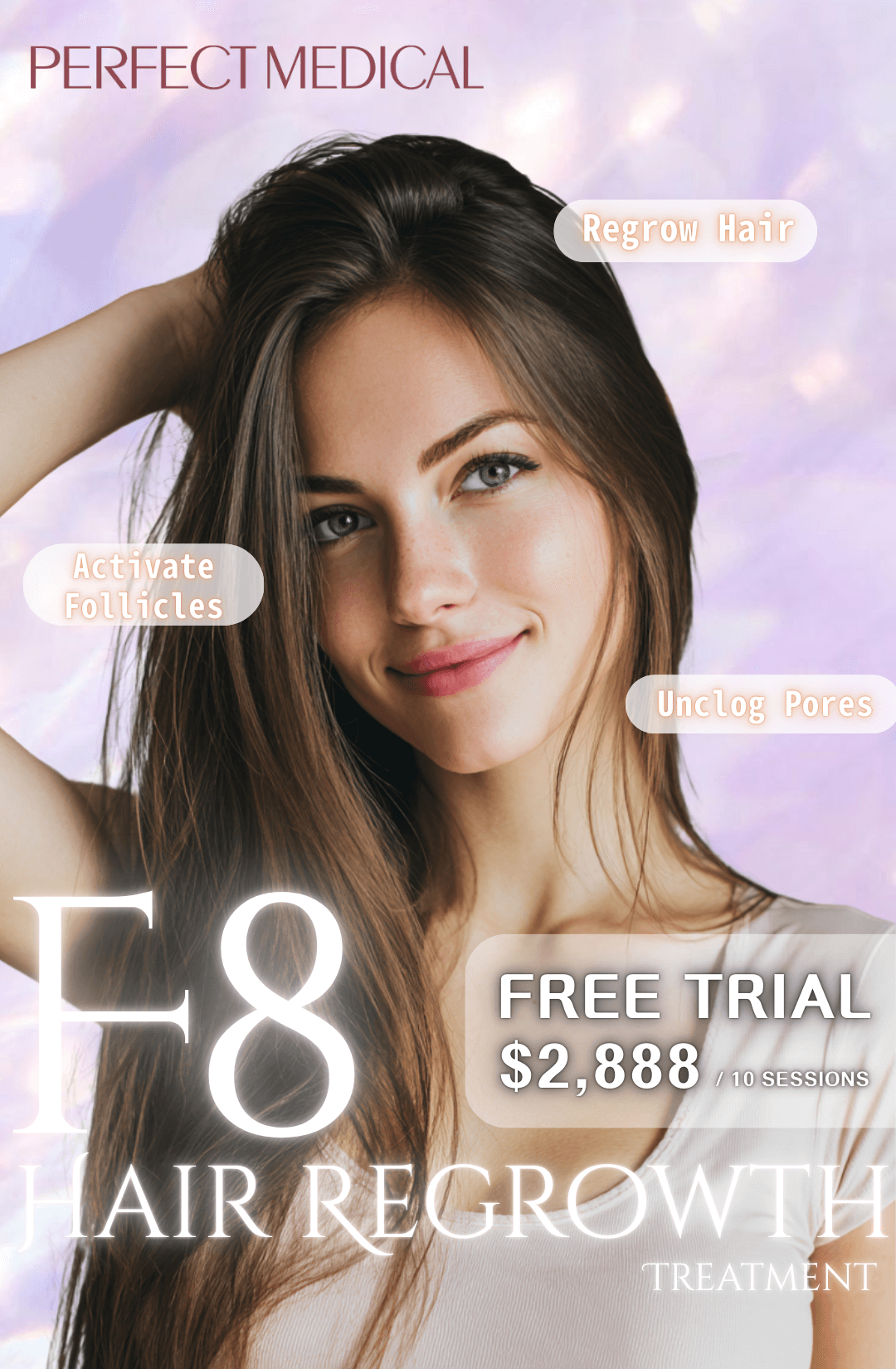
免費體驗
F8 Hair Regrowth Treatment
1 Minute Self-Registration
Date should not be before minimal date
FAQ

Is rosemary oil products safe for all hair types?
Rosemary oil is generally safe for all hair types, but it should always be diluted with a carrier oil to prevent irritation. Conduct a patch test before full application if you have sensitive skin.
How often to use rosemary oil on my hair?
You can use rosemary oil 2-3 times a week. Overuse can lead to scalp irritation, so it’s best to start with a few times a week and adjust based on your scalp’s response.
How long do I need to apply rosemary oil for results?
Visible results from using rosemary oil can typically be seen within 3 to 6 months of consistent use. Individual results may vary based on hair condition and usage frequency.
Can I mix rosemary hair oil with other essential oils for an advanced hair treatment?
Yes, rosemary oil can be mixed with other essential oils like lavender or peppermint oil to enhance its benefits. Always dilute the mixture with a carrier oil before application to ensure safety.
Can rosemary oil cause hair loss?
If used undiluted, rosemary oil can cause scalp irritation, which may lead to hair loss. Always dilute the oil with a carrier oil and follow proper usage guidelines to avoid this issue.








